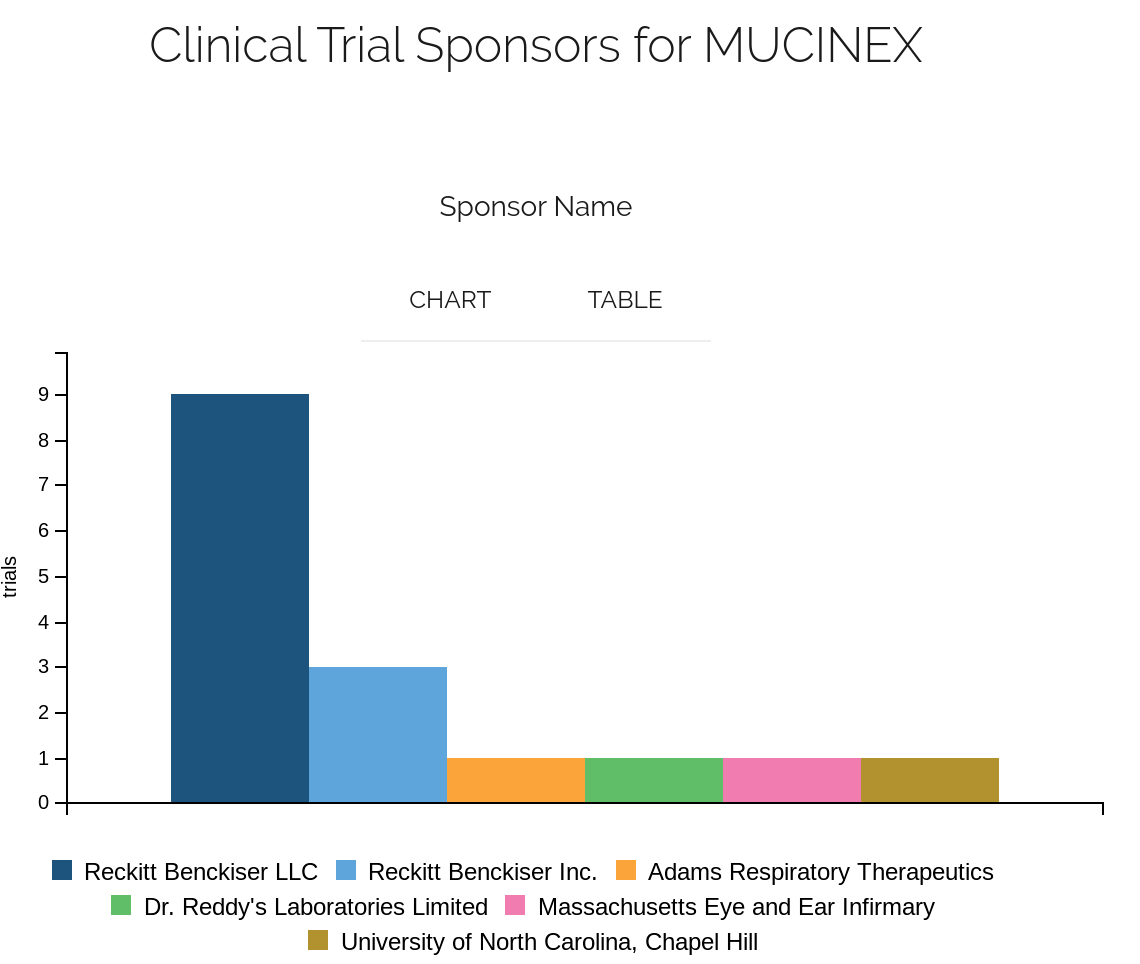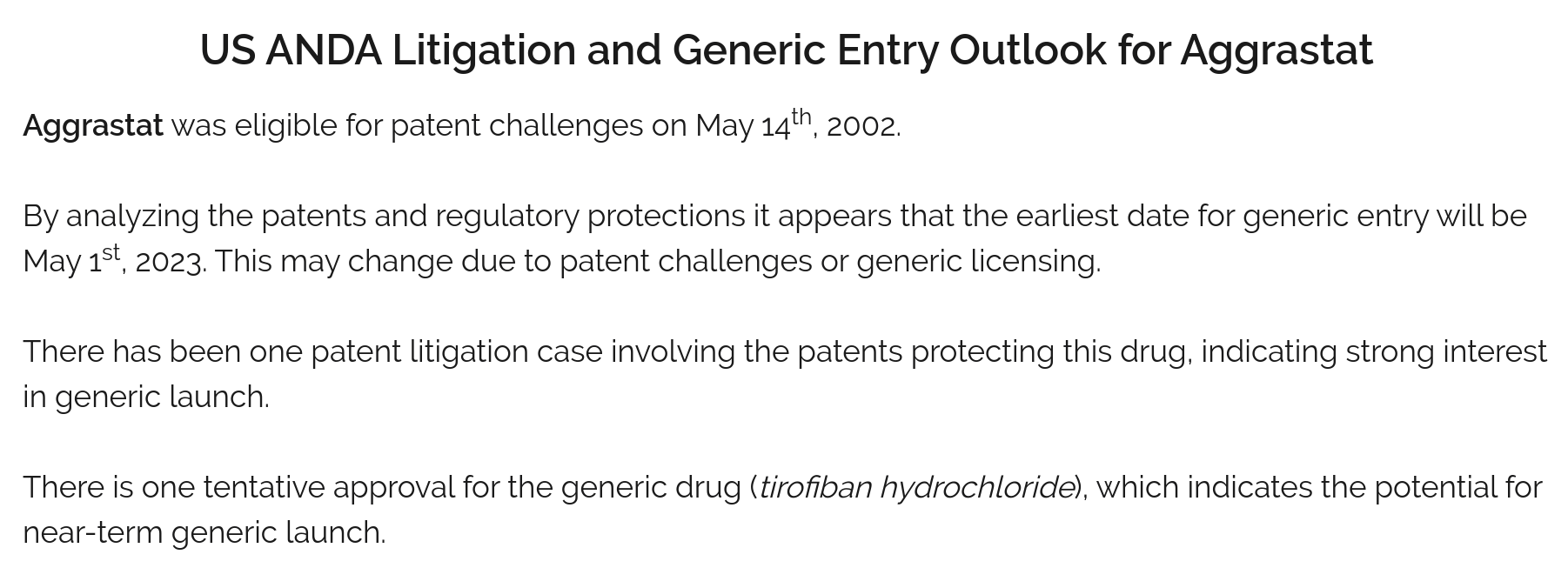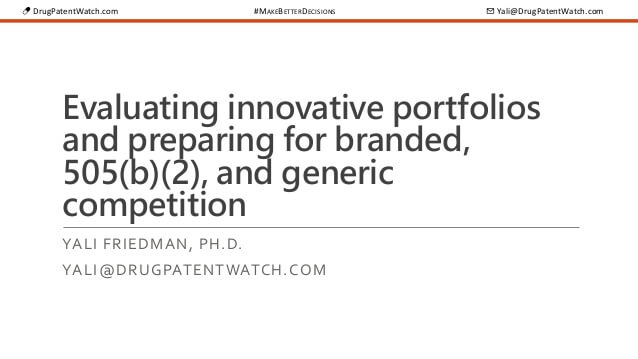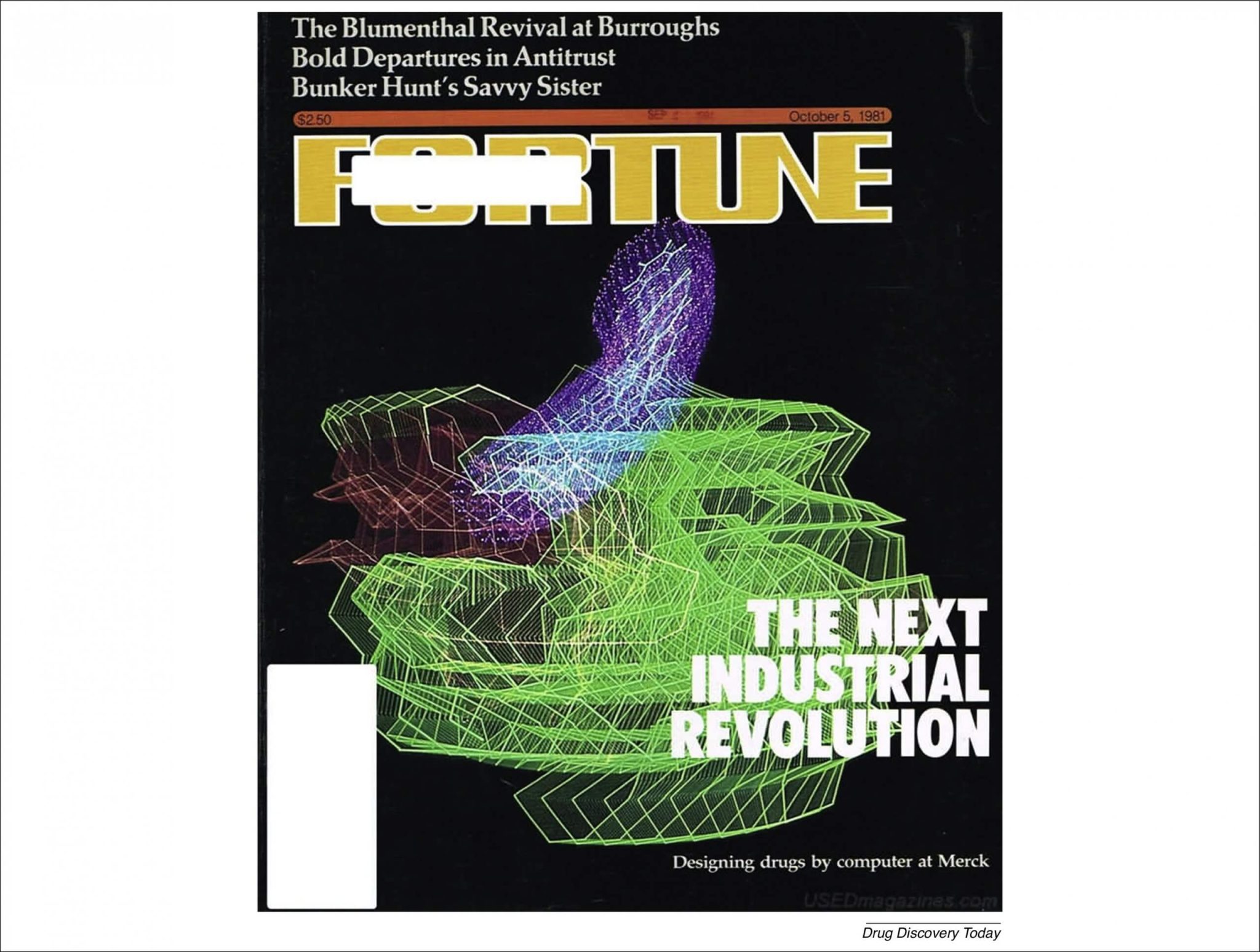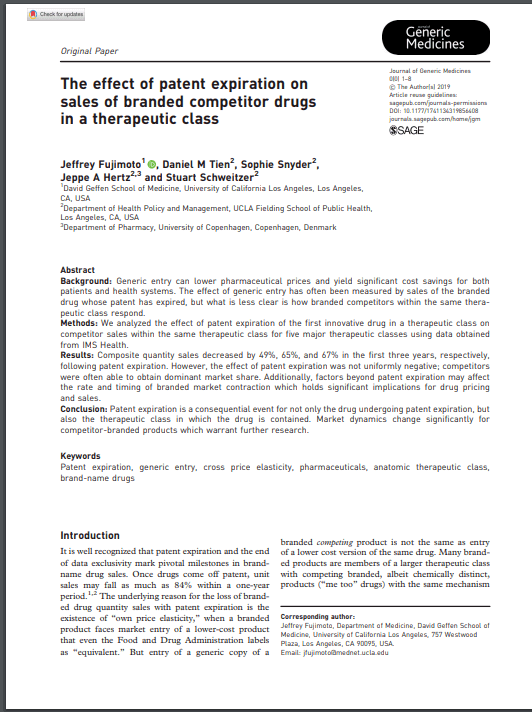Litigation Summary and Analysis for Nexus Pharmaceuticals, LLC v. Hikma Pharmaceuticals USA Inc.
While the specific case of “Nexus Pharmaceuticals, LLC v. Hikma Pharmaceuticals USA Inc.” (Case No. 1:25-cv-00018) is not directly provided in the sources, we can infer key points and analytical insights from similar cases and relevant legal principles.
Background and Context
In pharmaceutical litigation, particularly involving generic drugs and patent infringement, several key issues often arise. These include claims of induced infringement, FDA approval and compliance, and preemption under federal law.
Claim of Inducement of Infringement
A crucial aspect of such litigation is the claim of inducement of infringement. This is illustrated in the case of Amarin Pharma, Inc. v. Hikma Pharmaceuticals USA Inc., where Amarin alleged that Hikma induced healthcare providers to infringe Amarin’s patents by prescribing Hikma’s generic icosapent ethyl product for an off-label cardiovascular (CV) indication without FDA approval[1][3].
Key Allegations and Defenses
- Amarin’s Allegations: Amarin claimed that Hikma’s product label and public statements encouraged physicians to prescribe the drug for the CV indication, thereby inducing infringement of Amarin’s patents.
- Hikma’s Defense: Hikma argued that it did not actively encourage or instruct physicians to use the drug for the off-label CV indication. Hikma moved to dismiss the case under Federal Rule of Civil Procedure 12(b)(6), claiming Amarin failed to allege sufficient facts to support the claim of inducement[1].
Court Rulings and Appeals
- District Court: The district court initially declined to adopt the magistrate judge’s recommendation to deny Hikma’s motion to dismiss and instead granted the motion. The court separated Amarin’s allegations into two categories—Hikma’s label and public statements—and found that neither provided sufficient evidence of inducement[1].
- Federal Circuit: On appeal, the Federal Circuit concluded that Amarin’s complaint did plausibly plead that Hikma actively induced healthcare providers’ direct infringement. The court emphasized that the case was essentially an induced infringement case under 35 U.S.C. § 271(b)[3].
FDA Approval and Compliance
Another critical aspect is compliance with FDA regulations. In the case of Nexus Pharmaceuticals, Inc. v. Central Admixture Pharmacy Services, Inc., Nexus alleged that Central Admixture’s compounding of ephedrine sulfate without FDA approval violated federal law and state laws. However, the court held that Nexus’s state law claims were preempted by the Food, Drug, and Cosmetic Act (FDCA), which prohibits private enforcement of FDA regulations[4].
Preemption Under Federal Law
- Implied Preemption: The court in Nexus Pharmaceuticals, Inc. v. Central Admixture Pharmacy Services, Inc. applied the doctrine of implied preemption, ruling that allowing state law claims would exert an extraneous pull on the federal statutory scheme established by Congress. This decision aligns with the principle that private enforcement of the FDCA is prohibited, and any claims must be brought by and in the name of the United States[4].
Analytical Insights
- Inducement of Infringement: For a claim of inducement of infringement to succeed, the plaintiff must show that the defendant actively encouraged or promoted the infringement. This often involves a detailed analysis of the defendant’s product labels, public statements, and marketing materials[1][3].
- FDA Compliance: Compliance with FDA regulations is paramount. Any claims related to FDA-approved drugs must navigate the complex landscape of federal preemption, ensuring that state law claims do not conflict with federal statutes[4].
Potential Outcomes in Nexus Pharmaceuticals, LLC v. Hikma Pharmaceuticals USA Inc.
Given the similarities with other cases, here are some potential outcomes:
- Inducement Claim: If Nexus alleges that Hikma induced infringement, the court will scrutinize Hikma’s actions, including its product labels and public statements, to determine if there was active encouragement of off-label use.
- FDA Approval: If the dispute involves FDA approval, the court will examine whether Hikma’s actions comply with FDA regulations and whether any state law claims are preempted by federal law.
Key Takeaways
- Detailed Allegations: To succeed in a claim of inducement of infringement, detailed allegations supported by evidence are crucial.
- FDA Compliance: Ensuring compliance with FDA regulations is essential to avoid preemption issues and potential litigation.
- Federal Preemption: State law claims related to FDA-approved drugs must be carefully evaluated to avoid conflicts with federal statutes.
FAQs
1. What is the basis for a claim of inducement of infringement in pharmaceutical cases?
- A claim of inducement of infringement requires evidence that the defendant actively encouraged or promoted the infringement of a patent, often through product labels, public statements, or marketing materials.
2. How does FDA approval impact pharmaceutical litigation?
- FDA approval is critical as it sets the standard for compliance. Any actions not approved by the FDA can lead to claims of infringement or violations of federal law.
3. What is the doctrine of implied preemption in the context of FDA regulations?
- Implied preemption holds that state law claims are barred if they conflict with or exert an extraneous pull on the federal statutory scheme established by Congress, particularly in the context of the Food, Drug, and Cosmetic Act.
4. Can private parties enforce FDA regulations through state law claims?
- No, private parties cannot enforce FDA regulations through state law claims. Such enforcement must be by and in the name of the United States.
5. What are the key factors the court considers when evaluating a motion to dismiss in a pharmaceutical patent infringement case?
- The court considers whether the plaintiff has alleged sufficient facts to support the claim, often separating allegations into categories such as product labels and public statements, and evaluating each for evidence of inducement.
Cited Sources
- Amarin Pharma, Inc. v. Hikma Pharmaceuticals USA Inc., No. 20-1630, 2021 WL 3396199 (D. Del. Aug. 3, 2021).
- FDA FOIA Log FY2015.
- Claim of Inducement of Infringement – Harness IP.
- Nexus Pharmaceuticals, Inc. v. Central Admixture Pharmacy Services, Inc., No. 20-56227 D.C. No. 8:20-cv-01506-CJC-JDE OPINION.



